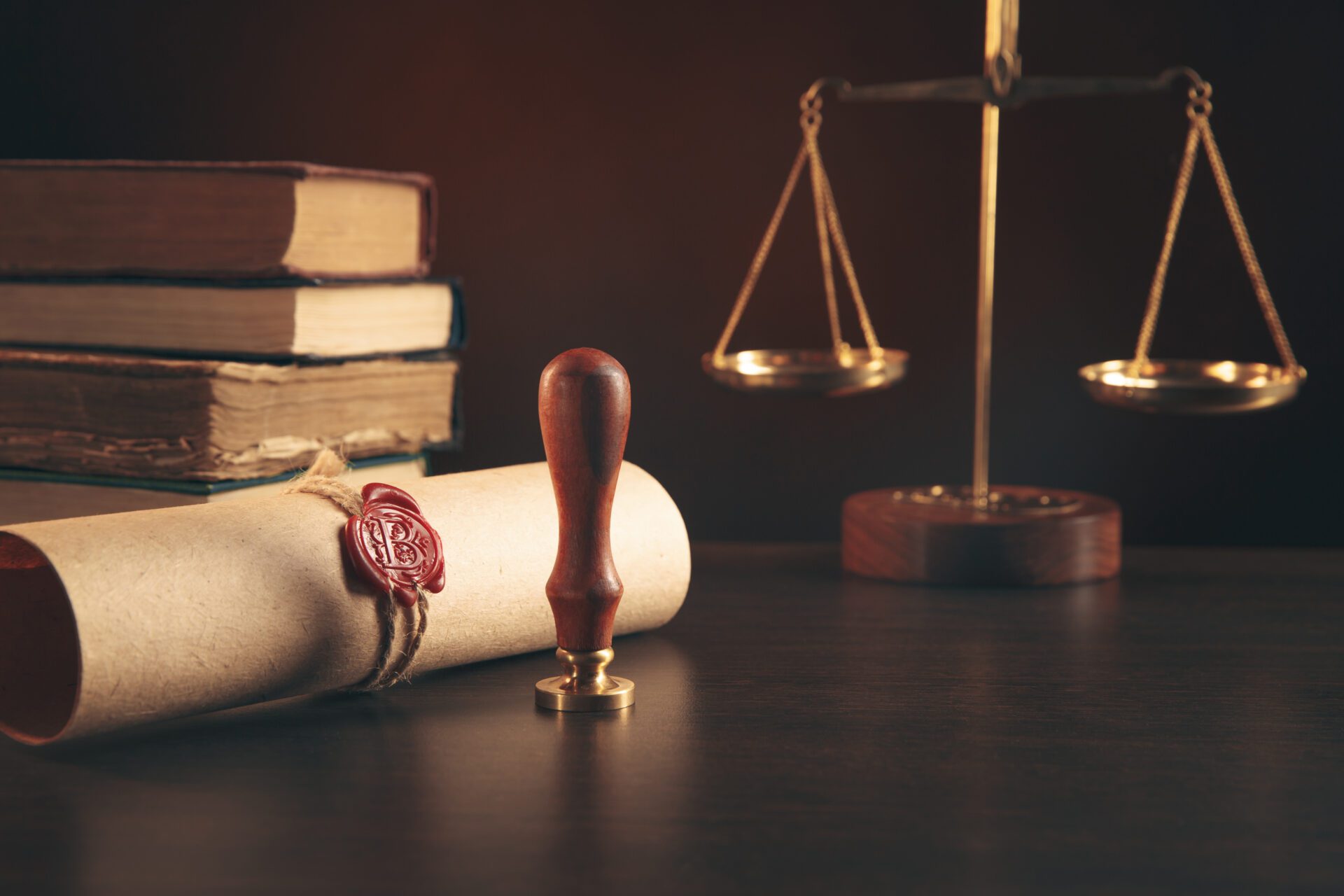When someone dies there are immediate practical things that need to be done:
- Get a medical certificate from a doctor (GP or at a hospital) and you need one to register the death
- Register the death with the local registrar – you’ll then get the documents you need for the funeral.
- Arrange the funeral – you can use a funeral director or do it yourself.
- You can find up to date information here.
Long term care
Legal matters
- Check if there’s a will – this normally states who should deal with the estate;
- If there is no will, there is a strict legal order in which close family can apply.
- The assets in the estate will need to be valued.
- Apply for a ‘grant of representation’ – this gives you the legal right to access things like the person’s bank account.
- Pay Inheritance Tax – this is only paid if the estate is worth over £325,000 and is part of applying for a grant of representation. The are lots of rules about Inheritance Tax and you may need advice about this.
- Collect in the assets such as money from the sale of the person’s property and from bank accounts.
- Pay any debts such as unpaid utilities bills.
- Distribute the estate – this means giving any property, money or possessions to the people entitled to it (‘beneficiaries’).
You may not need a grant if the estate passes to the surviving spouse/civil partner because it was held in joint names.
If the person didn’t leave a will
The person’s next of kin can usually apply for a grant of representation. The law decides who inherits the estate where there is no will.
How we can help
The responsibilities of personal representatives are important to make sure that the estate is administered correctly. If there is a will, the personal representative must make sure that the wishes of the person who has died, as set out in their will, are followed. If there is no will, they must follow the rules of intestacy (set out in the Administration of Estates Act 1925).
Personal representatives are also responsible for finding out if inheritance tax is due as a result of a person’s death. For further information on Inheritance Tax upon death, please contact us.
We will provide you with:
Get in touch
Call us on 01344 310 865
